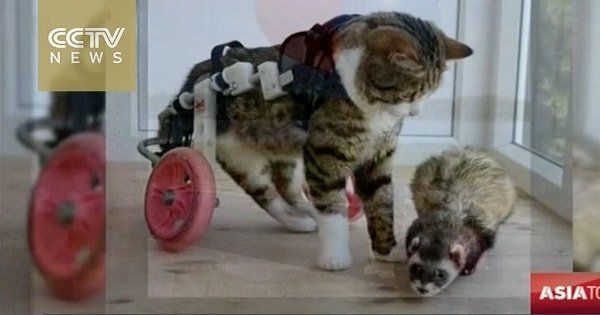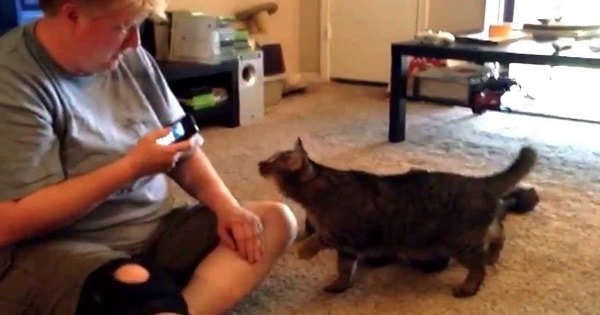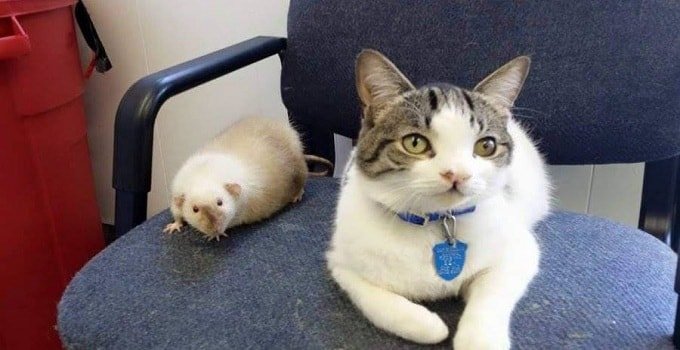TENNESSEE – Cats who are unowned of all colors and sizes roam the streets, woods and even yards of Nashville’s neighborhoods, and a rapidly increasing number of them have a shortened left ear.
This ear tipping means simply that the cats are spayed or neutered. While neighbors may offer food and water for these free-roaming cats, Pet Community Center fixes them to keep Nashville’s euthanasia numbers down.
“Those are the cats that are really contributing the most to the number of cats and kittens that are going into the local shelters,” declared Pet Community Center president and CEO Natalie Corwin.
Best Friends Animal Society has given the center a total of $90,000 in grants, and Metro Nashville also contributed to the center’s Community Cat Program.
The program looks at the cat’s health to see if it can “thrive outdoors,” then fixes, vaccinates and ear tips (the universal sign of a fixed cat) the cat before releasing it to the area it was found.
“By having cats that are sterilized remain in their territory, it actually reduces the population because no more kittens are born in that area and those cats keep other cats from moving in,” Corwin explained.
The grant money will be going toward a vehicle for staff to transport the cats and various program expenses, while Metro’s contribution goes toward spay and neuter, and rabies vaccinations. According to a press release from Best Friends Animal Society, the grant is projected to save at least 2,400 cats, reducing shelter deaths by 10 percent, and increase the save rate of shelter cats by 90 percent.
Pet Community Center’s community cat program has spayed and neutered a grand total of 8,084 cats since it began as a group of volunteers in June 2011.
However, the program is receiving controversy from local cat advocates.
Members of the Music City Animal Advocates and Nashville Cat Welfare Coalition are a bit concerned about care for the animals after they are released, and the screening process to find if these animals are fit to survive outdoors.
“We are fine with cats being released but we’re not fine with cats that can’t fend for themselves being released,” stated Denice Heatherly, cofounder of the advocates group.
The main concern of the group now is kittens.
According to the American Society for the Prevention of Cruelty to Animals, it is safe to spay and neuter kittens as young as eight weeks old or two pounds, but advocates would like to see the kittens released at three months of age. Pet Community Center releases kittens at 12 weeks old, that is, unless they have a known caretaker.
Best Friends is suggesting that kittens older than 8 weeks can be returned if a caregiver agrees to monitor the kittens and provide food or if the kittens are known to be part of a managed colony.
Corwin went on to explain that they make decisions for kittens on a “case by case basis.”
The advocacy group ultimately wants to see a set up similar to a neighborhood watch to care for the community cats by providing food and water and checking on their health.
“We do have a basis of people already care for cats in their neighborhood,” Heatherly stated. “We would really like to see this (neighborhood watch) program take off.”









